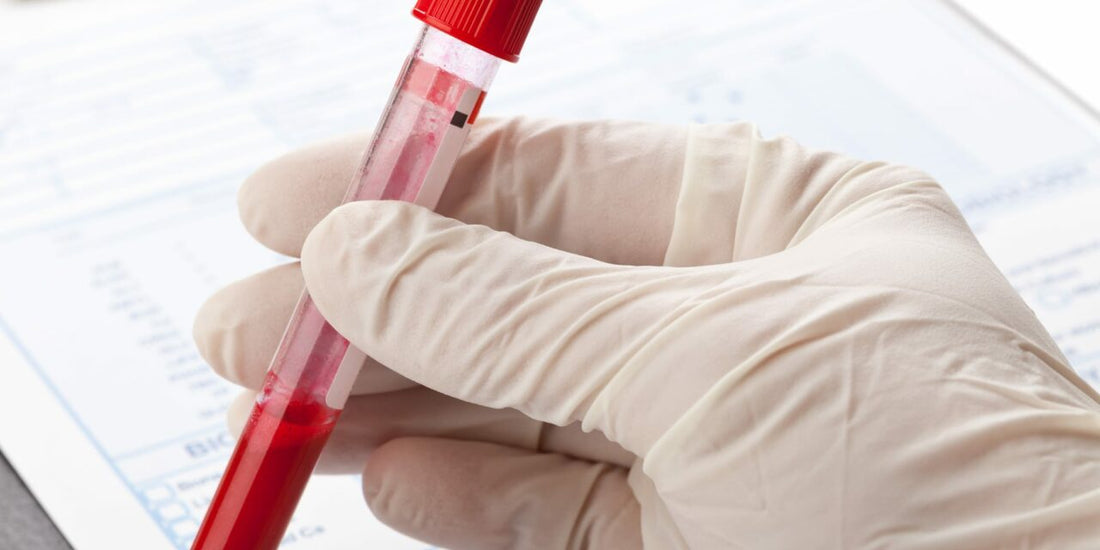Could a Simple Blood Test Reveal Sleep Apnea Risk?
Researchers from the Sleep Institute and the Federal University of São Paulo have discovered that blood levels of the amino acid homocysteine are linked to the development of obstructive sleep apnea (OSA). This finding suggests that a straightforward blood test could help predict the risk and severity of OSA.
Key Findings:
- Correlation Identified: Elevated homocysteine levels are associated with a higher risk of developing obstructive sleep apnea.
- Predictive Tool: A simple blood test for homocysteine could be useful in predicting the risk and severity of sleep apnea.
- Recommendation: Researchers advocate for the inclusion of homocysteine testing in routine checkups for individuals over 40 to better manage sleep apnea risk.
Homocysteine and Sleep Apnea: Understanding the Link
The study, supported by the São Paulo Research Foundation and published in the European Archives of Oto-Rhino-Laryngology, highlights a potential two-way correlation between homocysteine levels and sleep apnea. Dr. Monica Levy Andersen from UNIFESP notes that it's still unclear whether elevated homocysteine levels cause severe apnea or if apnea causes the rise in homocysteine. She suggests that testing for homocysteine during routine checkups could provide valuable insights, especially for those over 40.
Homocysteine's Broader Health Implications
Homocysteine is already a concern for cardiologists, as high levels (hyperhomocysteinemia) can damage blood vessel walls, leading to coronary disease, thrombosis, heart attacks, and strokes. Deficiencies in B-complex vitamins (B6, B9, and B12) can lead to elevated homocysteine levels, which can be managed through diet or supplements.
The Epidemiology of Sleep
The Epidemiological Study of Sleep (Episono), led by Dr. Sergio Tufik of UNIFESP, has been investigating sleep quality and disorders in São Paulo for over 15 years. Their 2007 data revealed that 42% of participants snored frequently, and nearly 33% had sleep apnea. Symptoms like loud snoring, impaired concentration, memory issues, and increased risk of hypertension, diabetes, and heart failure were common among those with sleep apnea.
Research Findings
The study involved 854 volunteers who underwent polysomnography tests to measure their apnea-hypopnea index (AHI). They were categorized by their homocysteine levels: normal (up to 10 µmol/l), moderate (10-15 µmol/l), and high (over 15 µmol/l). Results showed that higher homocysteine levels correlated with a higher AHI, indicating more severe sleep apnea.
Longitudinal Study
In a follow-up study in 2015, the researchers re-evaluated 561 of the original participants. The data suggested that for individuals without apnea in 2007, each 1 µmol/l increase in homocysteine corresponded to a 0.98% higher risk of developing apnea by 2015.
Dr. Andersen concludes that while the risk increase is modest, the ease and practicality of measuring homocysteine make it a valuable marker. Future studies could further validate these findings by assessing participants annually to gather more comprehensive data.
